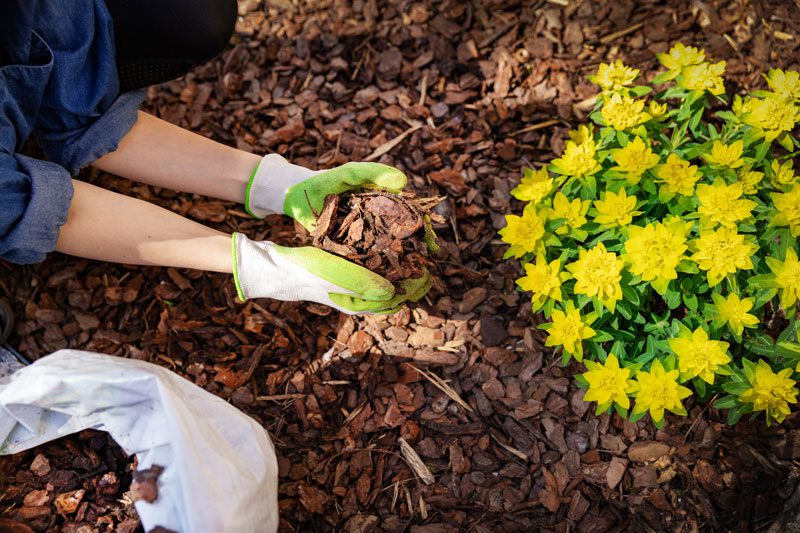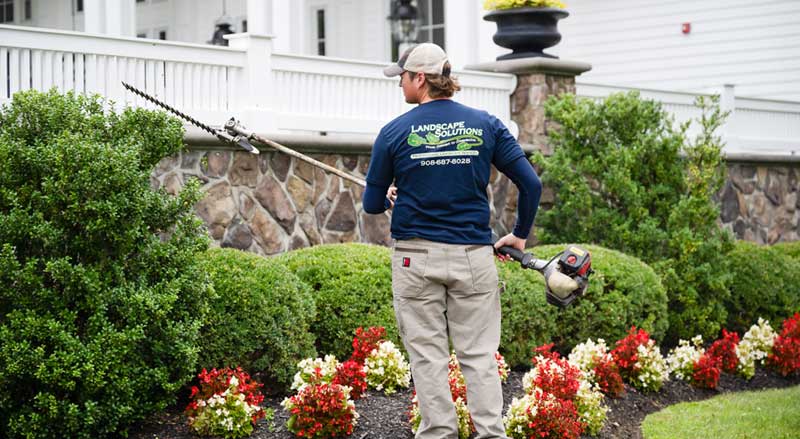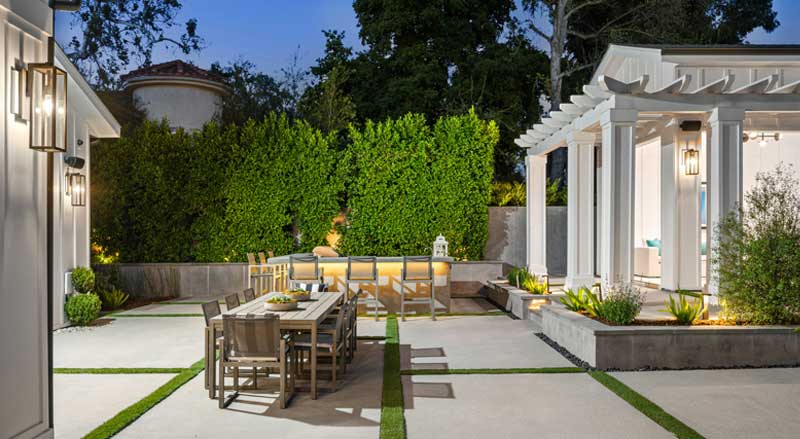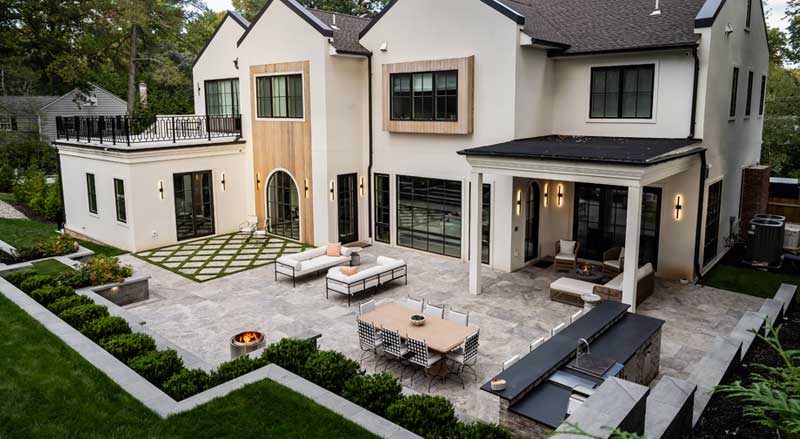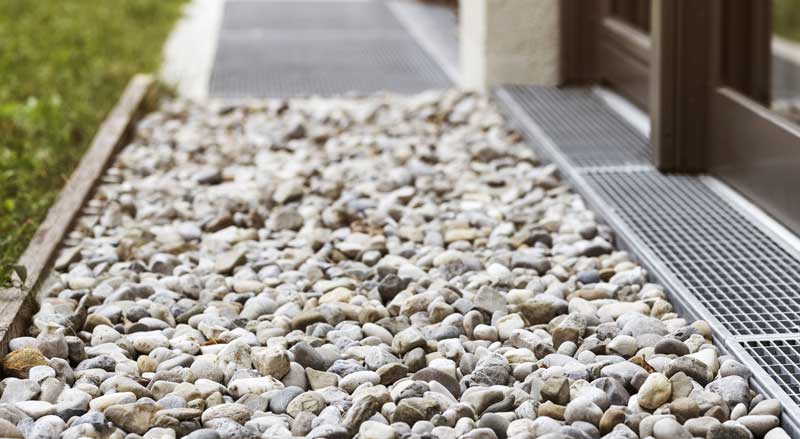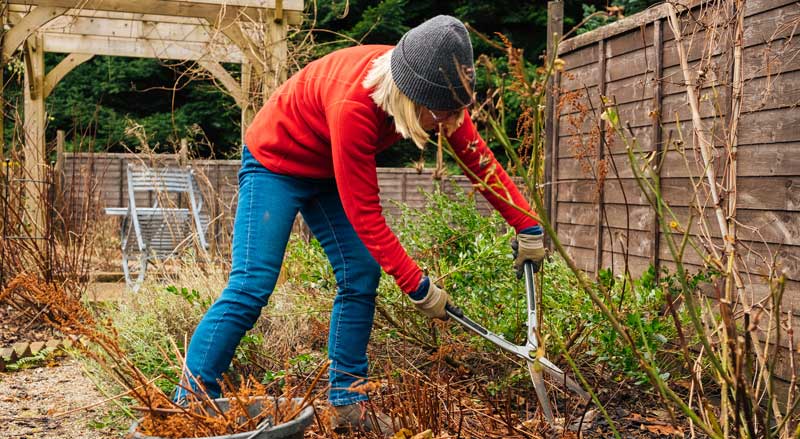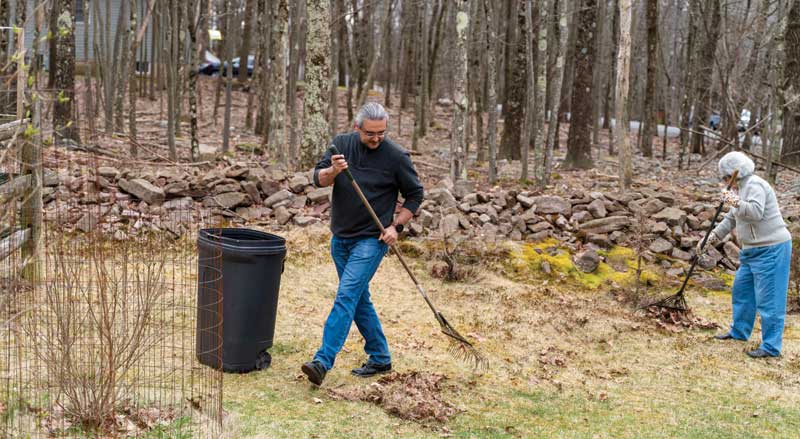The first thing that comes to mind when thinking about landscaping is not typically mulch. But mulch can often be the difference between a landscape that thrives and a landscape that struggles and then dies. There are many benefits of mulch.
In fact, mulch can solve many of your landscaping woes. Here, we discuss the different types of mulch along with the pros and cons of each.
Why Mulch?
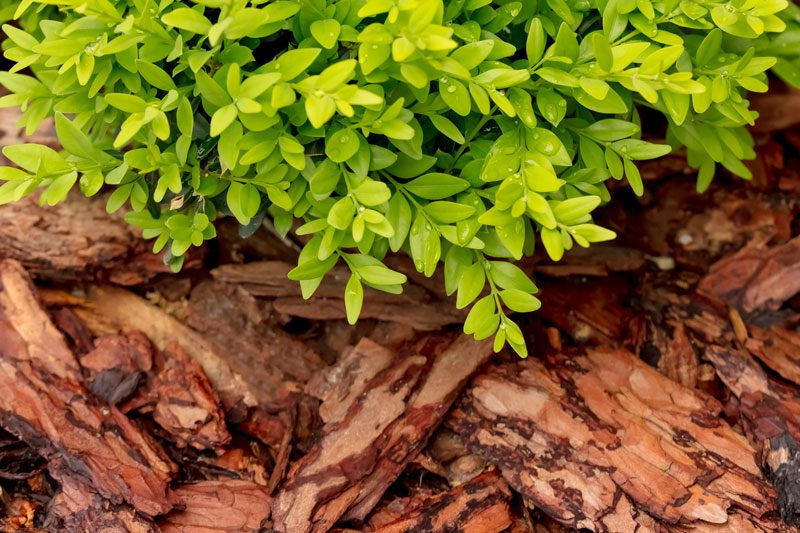
Putting down a thick layer of mulch retains moisture and moderates soil temperature. Deeper mulch also has amazing benefits for weed reduction and removal in your yard. Mulch helps to inhibit weed growth and any weeds that do sprout will be weak, spindly, and easier to pull.
Heavy rain and hail generally do less damage to plants that are cushioned by a layer of mulch. Hard rain that hits bare ground splashes mud onto your plants. Not only are muddy plants unattractive, but that mud can carry soil-borne diseases with it.
Heavy rain can also wash away topsoil and sometimes even seedlings. Among the many benefits of mulch is that it helps keep your topsoil, and your plants, where they belong.
In the winter months, hail and ice storms can be a menace for your plants. Hailstones hitting hard ground do extra damage to plants by hitting them from beneath as well as above. Mulch lessens the bounce and reduces that second round of damage.
Organic vs Inorganic Mulch
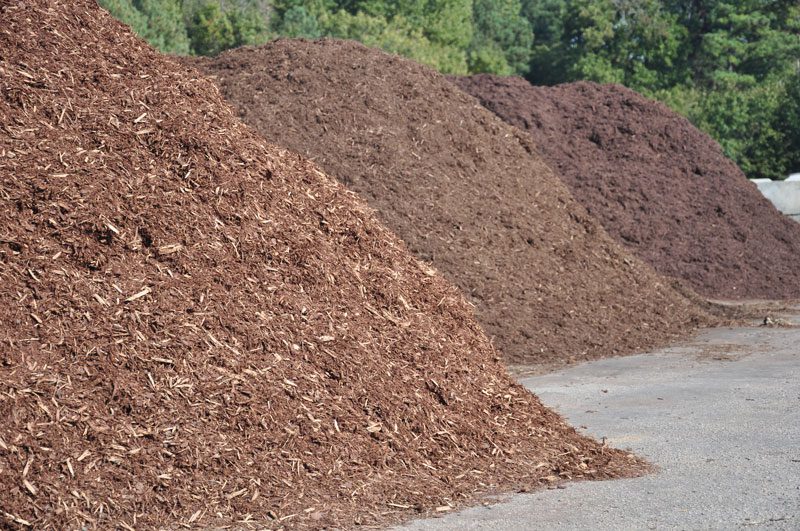
There are two kinds of mulch, one type that comes from nature and the other type that has been manufactured. Each kind of mulch has its own pros and cons which you should consider before purchasing.
Organic Mulch
Examples of organic mulch include pine needles, shredded leaves, dried grass clippings, straw, wood shavings, bark chunks, shredded bark, etc.
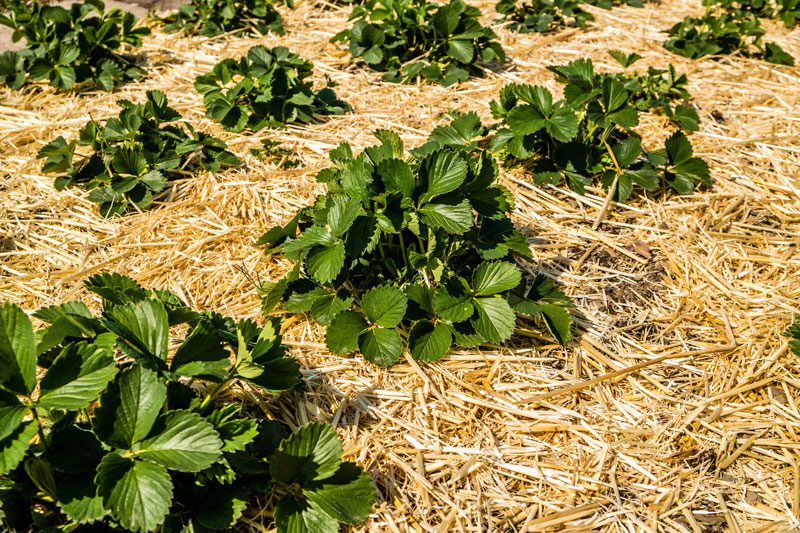
Pros of Organic Mulch:
- Nutrition: As organic mulch breaks down; it enriches the soil naturally. It can also make the soil easier to work in the future. Because earthworms are drawn to the moist, cool soil beneath it, they’ll ’till’ the soil. This creates a loose and friable gardenscape. They’ll also digest the decaying bottom layer of mulch and leave it behind as rich worm castings.
- Aesthetic: Organic mulch also provides an interesting aesthetic to your landscape. With a more natural look, this form of mulch looks like it belongs in your garden or yard. Just match the look of the mulch to the area. Straw looks okay in a vegetable garden, but bark chunks are probably a better choice for a perennial bed.
Cons of Organic Mulch:
- Replacement: As mentioned above, organic mulch breaks down. That means you’ll need to replace it or at least add more. How often you need do that will depend on what you’re using. In the case of grass clippings, you’ll need to add more weekly. You should sift bark chunks and add more as needed every two or three years.
Inorganic mulch
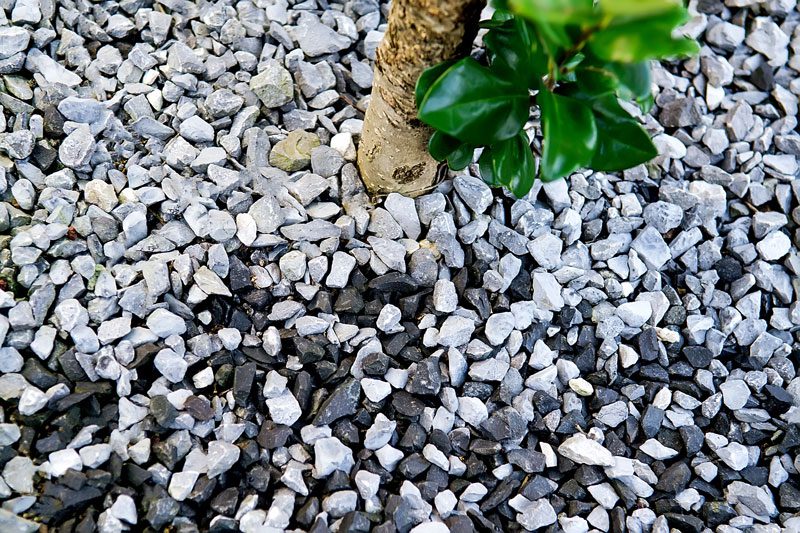
Examples of inorganic mulch include gravel, rocks, shredded rubber, landscape fabric, black plastic, etc.
Pros of Inorganic Mulch:
- Sustainable: Because inorganic mulch is durable and doesn’t degrade, you generally won’t need to add to it.
- Planting: It can warm the soil enough for earlier planting in the spring.
- Aesthetic: Rock mulches can enhance the look of a landscape and the plants within it. Choose white pea gravel or blue river rock for a cool and tranquil feel. Use beach cobble or rainforest rock for a warm and inviting welcome.
Cons of Inorganic Mulch:
- No nutrition: Inorganic mulches don’t contribute any nutrients to the soil.
- Damage: Rock and gravel can become very hot under a blazing sun. This extra heat can damage some tender plants.
- Degrading: Sun and wind will degrade landscape fabric and plastic sheeting. The only way to combat this is by topping it with a secondary mulch.
Let us help!
Now that you know the many benefits of mulching, contact Landscape Solutions for professional landscaping design and maintenance. Our experts can ensure that your landscape looks great for years to come.

